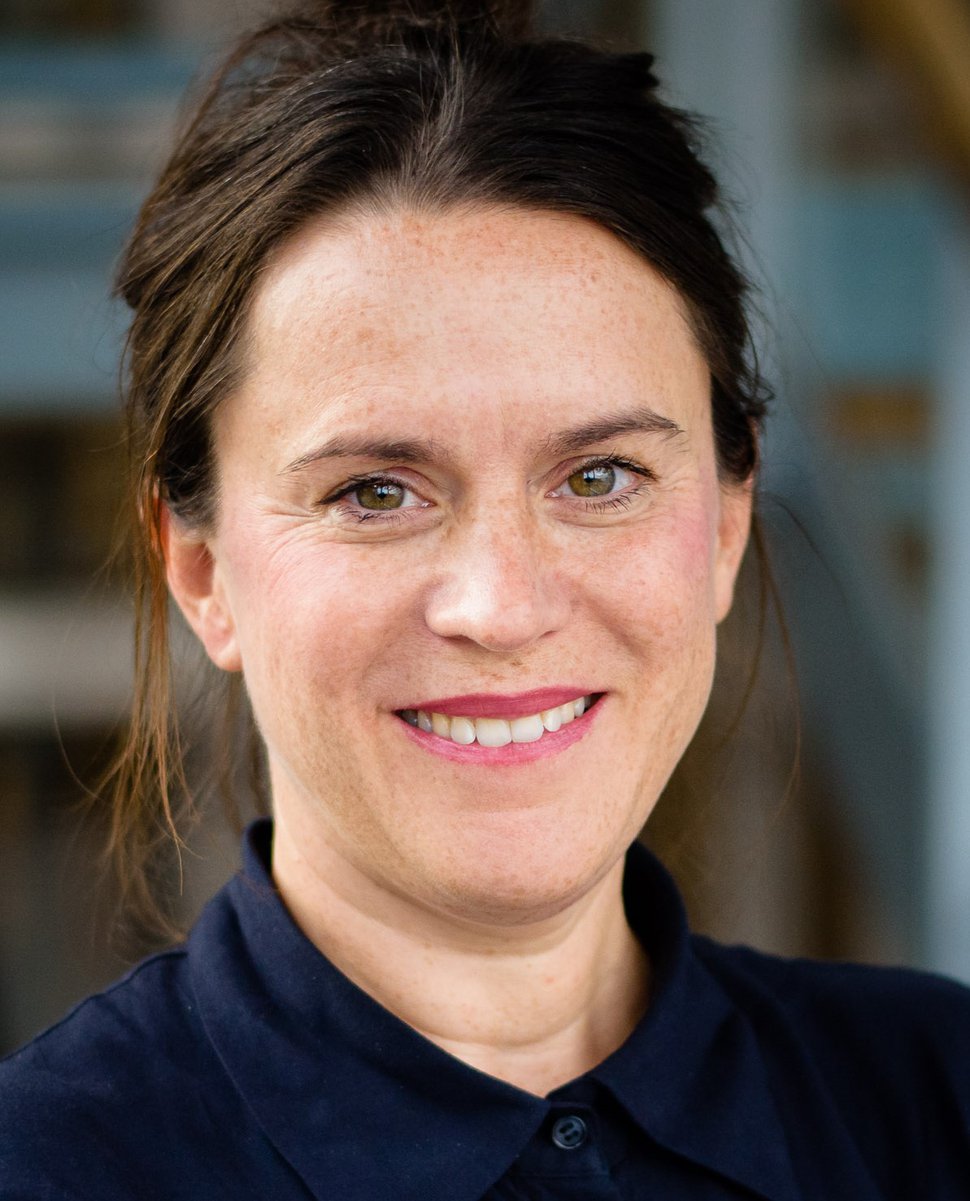Opinion
Project 2025: Why Nordic governments need a crisis plan
Project 2025, the far-right conservative and Christian nationalist roadmap produced by the American think tank the Heritage Foundation, is generally seen as a roadmap for the next Republican administration in the United States. It outlines plans to centralise power into the hands of the President, appoint politically partisan courts, and remove career civil servants in favour of political appointees. It prescribes a complete overhaul of US foreign and development policy.
A recent RFSU report, authored by global health and gender specialist Malayah Harper, exposes Project 2025’s ambitions to restructure and defund USAID and break down the multilateral order. At a minimum, it proposes to reduce USAID’s budget to the 2019 pre-COVID level. A new, extreme version of the anti-abortion Mexico City Policy (also known as the Global Gag Rule) would be expanded to cover multilateral agencies and humanitarian support, areas that were previously exempted from the policy. The expanded scope of the policy would stop US funding from going to any non-US organisation or agency that runs activities that include information on or referrals to abortion services. Overall, Project 2025 has an almost obsessive focus on abortion, mentioning it no fewer than 199 times.
At USD 66 billion annually, the United States is the largest provider of Overseas Development Assistance (ODA) and the largest donor in the field of global health. A substantial share of this is channelled to initiatives and multilateral bodies working on sexual and reproductive health and rights (SRHR). Naturally, a drastic defunding and reshaping of global health and policies on gender equality and SRHR would have huge negative impacts on the lives and health of already marginalised groups in countries and regions that receive US support. Particularly, groups of women, girls and LGBTQ+ persons.
However, as the RFSU report clearly shows, the potential impacts of Project 2025 go far beyond US domestic policy and ODA, directly affecting funding by other governments, especially those that prioritise gender equality, global health, LGBTQ -rights and SRHR.
For these reasons, Project 2025 should be of vital concern to the Nordic governments, which have historically played a key role in pushing for gender equality, global health, and SRHR in international forums, including in UN negotiations. The Nordics are among the top 10 largest donors to SRHR (when measured as a share of total ODA). They are consistently at the top of the list of core supporters to UNFPA. The legacy of being a strong global voice and funder of SRHR - one of the most contested human rights areas - comes with enormous potential, as well as a responsibility to step in and step up if others step out.
Project 2025 would challenge and disrupt European development assistance in various ways. As the RFSU report points out, it would directly impact systems, infrastructure, and civil society partners on which European donors rely. Here are some scenarios that Nordic governments should pay extra attention to:
- Silenced and diminished civil society that can no longer work freely. The potential alignment of US foreign policy with ultraconservative or populist agendas, including the stricter implementation of the Mexico City Policy, would likely mean a drastic reduction in the number of civil society organisations, breaking down the organisational systems of the remaining ones and restraining their activities. Beyond this being a democratic catastrophe in itself, it would also diminish the ability of European governments to work with and support local civil society actors. We foresee further interruptions in service delivery for SRHR, as well as projects supporting human rights work more broadly.
- Disruption and curtailment of UN bodies and health multilaterals. Project 2025 proposes to defund and reshape the UN system and other multilateral organisations, such as the World Health Organisation and the Global Fund to Fight Aids, Tuberculosis and Malaria. If implemented, this could effectively dismantle the global aid architecture that the European donors rely on for their development cooperation policies and funding, and for global solidarity and norm-setting. A US withdrawal from multilateral agencies and a selective, conditioned engagement in human rights mechanisms would severely compromise the UN’s ability to function. It would fundamentally change how any government, including the European governments, can work with and through the UN agencies.
Regardless of the outcomes of the November elections, Project 2025 will continue to inform policies in the United States and worldwide. The central ideas behind the project are well anchored in the conservative US establishment, but they are not isolated to the United States. They should be seen in the context of global, transnational movements that challenge the multilateral system, human rights, gender equality, and SRHR. Far-right Christian, ultra-conservative or populist movements across the globe frame their agendas as a defence of “traditional values,” “freedom of religion,” and so-called “natural families.” Their campaigns and activities are often funded by organisations and actors in the United States, Europe, and Russia. The opposition to gender equality and SRHR may take different forms, but it is de facto a central part of broader anti-democratic movements. Restrictions on SRHR go hand in hand with restrictions on other freedoms, such as freedom of expression, freedom of the press, and the right to organise. We see this trend in Russia, Poland, Hungary, Afghanistan, and Iran. We see it in the United States.
It is time to react. Sweden and the other Nordic governments should lead the work in coordinating a European crisis plan to address the ideas proposed by Project 2025. They should establish an emergency fund (or enhance an existing mechanism) to protect and grow all the programmes, agencies, and organisations that could potentially lose US funding. They should do this in close cooperation with like-minded governments and civil society actors from the Global South that will, ultimately, be affected by Project 2025.
_____________________________________________________
Sara Österlund is Senior Policy Adviser at the Swedish Association for Sexuality Education (RFSU), a member of International Planned Parenthood Federation.

